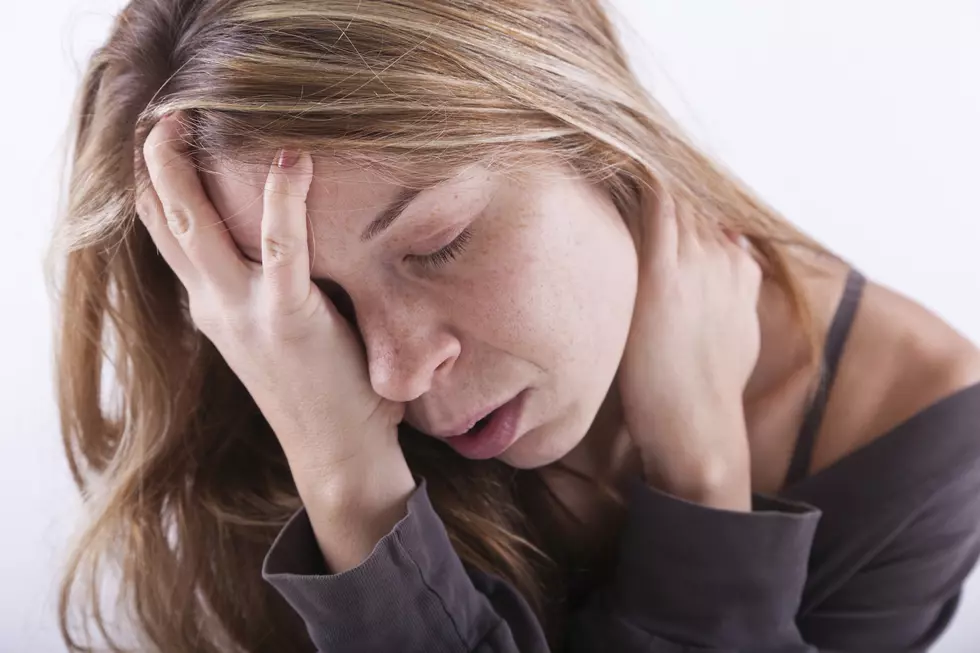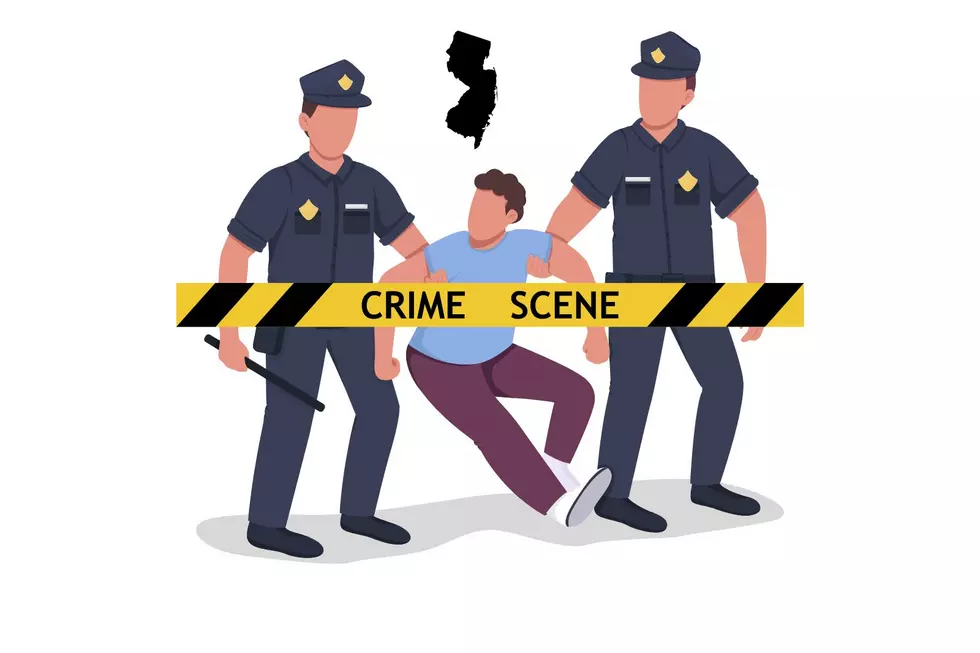
Studies, doctors cite more mental health issues among young adults
Is it easier these days for Millennials and younger adults to develop a mental health issue? Or just easier for them to admit they have a problem?
Maybe it's both. A number of updated statistics point to a growing rate of diagnoses, concerns and disturbing thoughts among young adults.
"We're seeing an increase in clinical depression and anxiety in Millennials and what they call Generation Z," said Nicole Amoyal Pensak, a clinical psychologist in Red Bank.
According to the 2018 annual report from the Center of Collegiate Mental Health, a steady climb has been recorded since 2010-11 in the rate of students who've attended counseling for mental health concerns; taken medication for these concerns; seriously considered suicide; and actually made a suicide attempt.
A 2018 survey from the Blue Cross Blue Shield Association found the major depression diagnosis rate climbed 47 percent from 2013 through 2016 among Millennials.
"The good news is that they're actually asking for help more; they're reaching out," Pensak said.
At the same time, she said, there are plenty of theories on reasons, such as exposure to social media, why depression and anxiety may be heightened among these more fragile generations.
Pensak said she sees a good share of "high functioning depression and anxiety" — patients know something's off, and it's not until they "scratch the service" during a visit that they uncover what's actually going on. It's a trend among adolescents as well, she said.
A proposed state law that would mandate mental health education in New Jersey elementary, middle and high school health classes cleared the Senate on Thursday. Legislation sponsors note that 50 percent of mental health issues begin to show their signs at age 14.
Only the state of New York has such a law in place.
Pensak said effective treatment is readily available for folks who seek help. Pensak, who can not prescribe medication, said cognitive behavioral therapy has been shown to work just as well, and actually last longer.
"It actually teaches them skills to manage their own depression and anxiety, and it's very treatable," she said.
More from WOBM:
More From 92.7 WOBM










